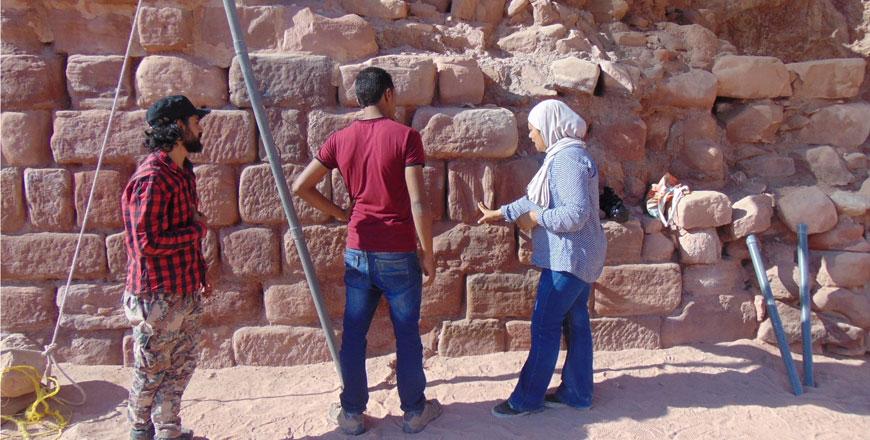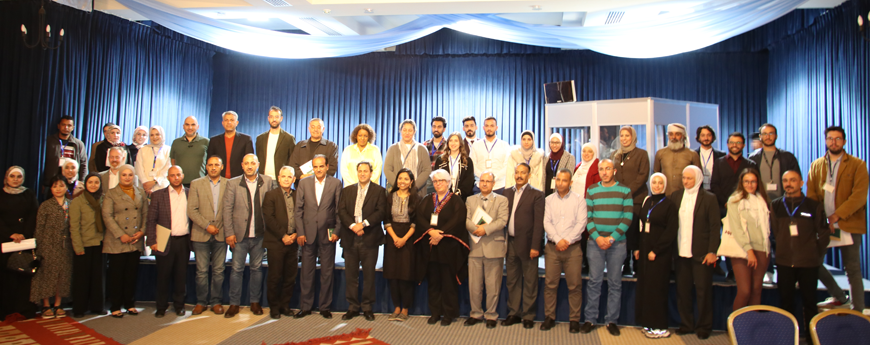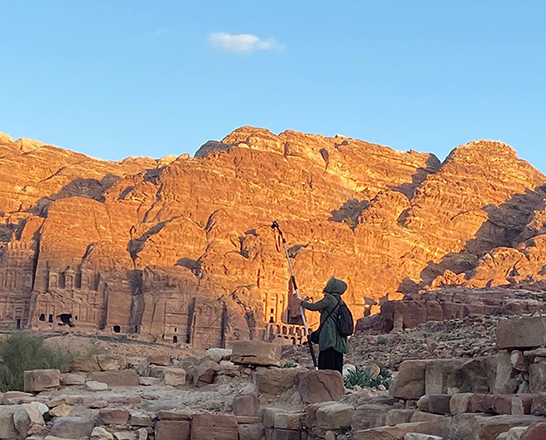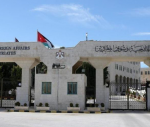You are here
Project offers vocational training in cultural heritage
By Saeb Rawashdeh - Jan 04,2020 - Last updated at Jan 04,2020
AMMAN — Established in 2018, the Employment through Heritage Project (EHP) aims at formalising the cultural resources management (CRM) market in Jordan, according to a member of the programme.
The project was launched by Sela for Vocational Training and Protection of Cultural Heritage in cooperation with the Department of Antiquities of Jordan (DoA), supported by the Swiss DROSOS Foundation, said Maria Elena Ronza, the member of Sela for Vocational Training and Protection of Cultural Heritage.
Currently, Jordan’s formal training programmes in archaeology and broader CRM fields “prioritise exclusively knowledge-based academic study and learning within the university setting”, Ronza said.
In 2018 and 2019, Sela teamed up with the DoA’s appointed technical committee on drafting the new regulations for conservation and management of heritage sites in Jordan and on defining categories and classifications for formal vocationally based training and employment in CRM, Ronza said.
The classifications aim at meeting the “practical needs” of site preservation and management, while also opening the sector to non-university graduates, especially trained members of local communities, she said.
Ronza added that the regulations for conservation and management of heritage sites in Jordan are currently in the process of being approved by the relevant Jordanian authorities.
Moreover, in order to assure the enforcement of the regulations, Sela and the DOA designed a training programme for the DOA junior employees aiming at providing the needed knowledge in the CRM sector, Ronza said.
“The second step is to create formally trained and certified Jordanians to enter the job market,” she continued.
Currently Sela is training 11 community members from Ma’an in the Madaba region with the support of the DoA, and seven members from Wadi Mousa with the support of Petra Archaeological Park, Ronza said.
Employing women from the local communities is one of Sela’s priorities, Ronza added.
“Since the beginning of the EHP, Sela has created 70 formal job opportunities, 15 of which are long-term contracts and over 150 people were involved in the project in different capacities from seven different communities in Jordan,” Ronza noted.
Related Articles
AMMAN — In order to solve an outdated approach to cultural research management (CRM), a local NGO recently decided to build and manage a voc
WADI MUSA — Sela for Training and Protection of Heritage, a non-profit company, and the Petra Development and Tourism Regional Authority (PD
AMMAN — After more than two years, Sela for Training and Protection of Heritage and Petra Development and Tourism Authority (PDTRA) announce


















